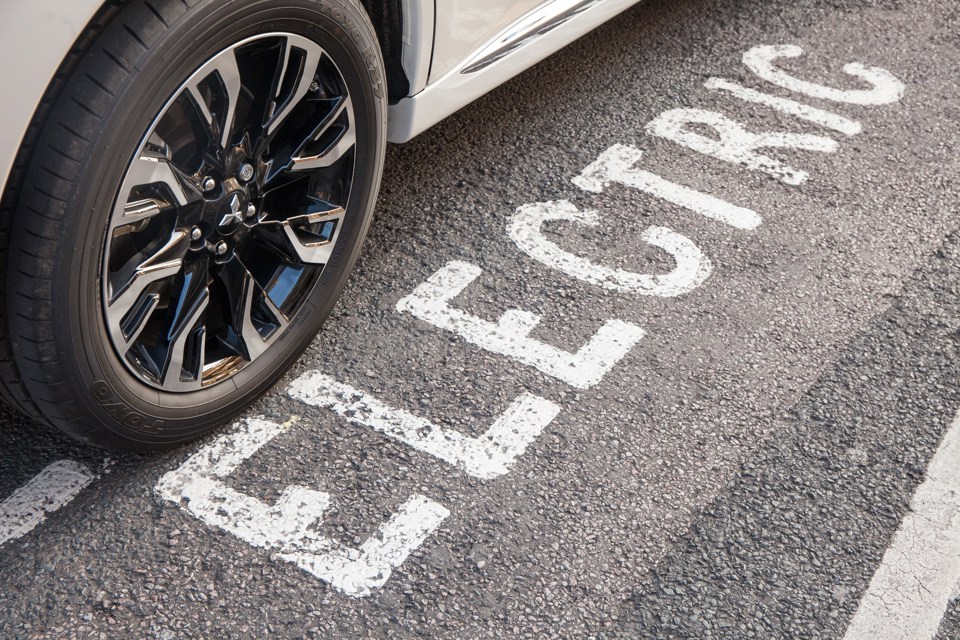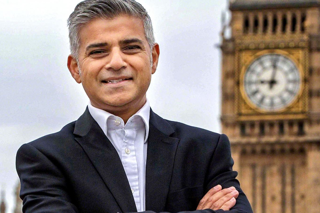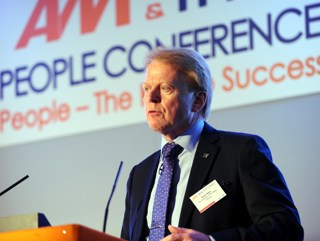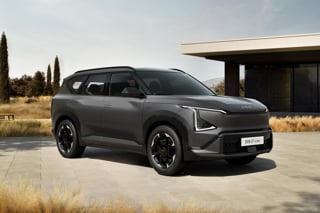Higher insurance premiums for electric and hybrid cars is the biggest factor putting off most drivers from making the switch from diesel to low emission vehicles.
While welcoming London mayor Sadiq Khan’s introduction of a ‘T-Charge’ in October to tackle the city’s pollution, the Institute of the Motor Industry (IMI) said that while drivers in London see ultra-low emission vehicles (ULEV) as a solution to the problem, 65% said they are unwilling or unable to pay the increased insurance premiums
And they won’t consider buying or leasing one in the near future.
" needs to recognise that this is the biggest change in the automotive industry for over 100 years and there are other barriers that must be addressed too, not least the skills gap."
Insurers charge up to 50% more to cover electric and hybrid cars because of the higher purchase price and the current lack of skilled technicians available to service and repair them.
Only 1% of mechanics in the UK have the necessary qualifications to carry out work on the high-voltage systems of ULEVs and they are almost exclusively employed in franchised dealers.
69% of London car owners are similarly concerned with the lack of charging points available to service electric and hybrid cars, according to the IMI research.
But, while the Government is supporting the development of the charging infrastructure with a £600 million fund to promote clean cars, it continues to resist any intervention in the market to deal with the serious skills gap.
The IMI has called on ministers to help with a £30m investment in training from its £600m fund it created to promote emission free vehicles.
When the IMI report was published at the end of January 2017, Leonie Cooper, Labour’s environment spokesperson on the London Assembly, said: “The Government has a responsibility to encourage drivers to switch to electrified cars to protect people’s health and to reduce carbon emissions to protect the environment. It also has a responsibility to make sure that drivers can afford to make the switch.
“The skills issue identified by the IMI is major obstacle that Chris Grayling MP needs to address as a matter of urgency.
“The London mayor is taking a range of actions to make electric vehicles more appealing to Londoners, but this skills issue is parked outside the door of the Department for Transport.”
IMI chief executive Steve Nash said: “The London mayor’s action to tackle pollution in the Capital is laudable – but there needs to be a choice of alternatives and the current high insurance costs prohibit widespread uptake of electric and hybrid vehicles.
“The Government has recognised the most obvious barrier to consumers buying electric cars, which is the charging infrastructure, and it is taking direct steps to address this.
“However, it needs to recognise that this is the biggest change in the automotive industry for over 100 years and there are other barriers that must be addressed too, not least the skills gap.
“Millions of tax payers cash spent on charging points will be wasted if the Government won’t help independent garages and wider industry keep up with the switch to electric.
“It’s not rocket science.
“Small businesses are uncertain about future demand for work on electrified cars and won’t risk investing in the skills they need without help from the government.
“This means insurance and servicing costs will stay out of the reach of many drivers and car buyers will still be attracted to diesel cars as the most fuel efficient alternative, keeping them on our roads in significant numbers for decades to come – even with a T-Charge.”
The IMI’s research
Vital Research and Statistics conducted the survey for the IMI.
It polled 2,000 UK adults with driving licenses between December 13 and 19, 2016.
Only 17% of respondents thought the extra costs for insurance for ULEVs were a price worth paying for the environmental benefits, even though 38% ranked air pollution as their biggest concern.
More than 20% of residents of London, Birmingham, Edinburgh, Brighton and Cardiff believed the extra costs worth paying for cleaner air.
Only 11% of residents of Coventry, Leeds, Southampton and Newcastle agreed.
And 70% of Londoners have grave concerns about air pollution.




















RobSez - 20/02/2017 21:10
This article piqued my interest because I live in the US and my insurance rates declined when I switched to an EV. I was driving a 2013 Nissan Maxima and traded for a 2015 Nissan Leaf SL. My insurance cost dropped $90 annually.